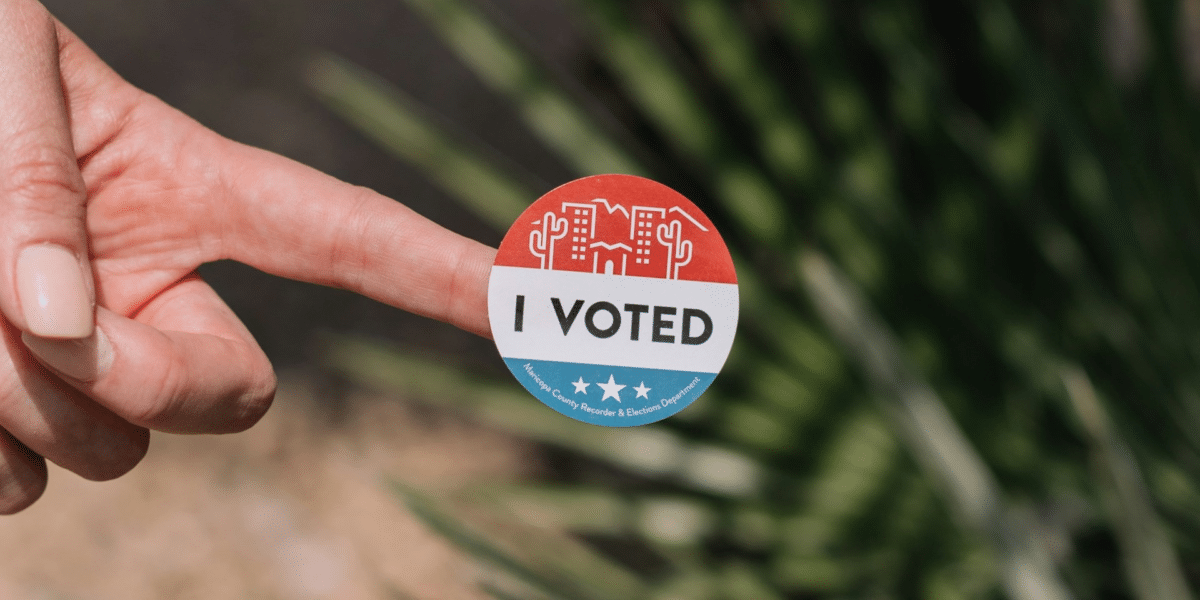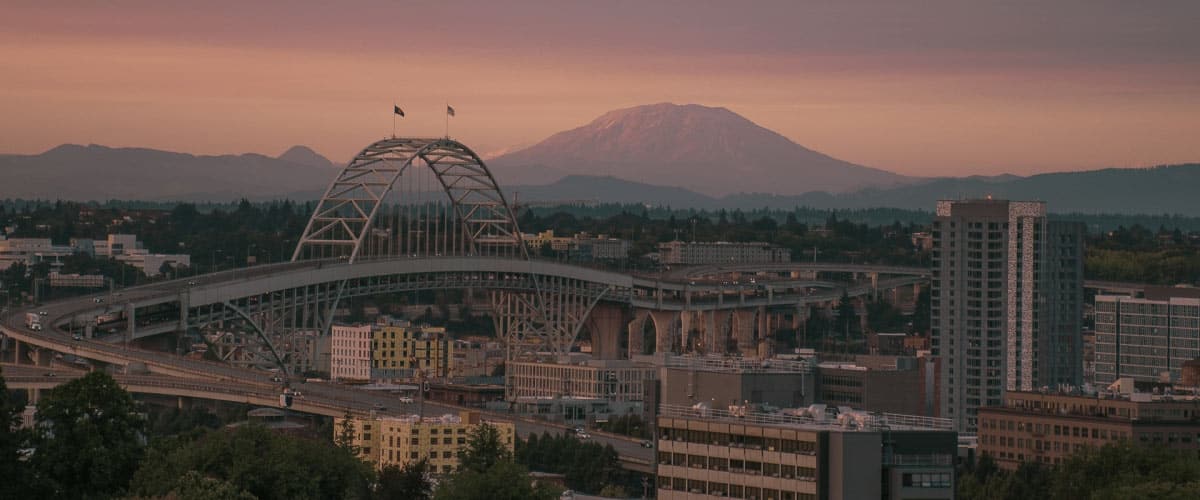Portland, Oregon, is renowned for its urban greenery and tree-lined streets, but the city’s abundance of mature trees also brings challenges during the fall season. Leaves piling up on streets can lead to clogged storm drains, slippery road conditions, and increased flooding risks. The city’s Leaf Day Program effectively addresses these challenges, ensuring safety, sustainability, and community involvement. By balancing environmental stewardship with operational efficiency, the program has become a model for managing urban leaf debris.
This comprehensive article examines why Portland’s Leaf Day Program works so well, highlighting its unique components, community impact, and broader lessons for other municipalities.
Read also: What Sets Portland’s Green Initiative Apart from Others
Targeted Service Areas: Focusing on High-Impact Zones
One of the key reasons for the success of the Leaf Day Program is its targeted approach. Portland has identified 53 Leaf Districts, zones with a high density of mature street trees that produce significant volumes of fallen leaves each autumn. These districts receive priority leaf removal services to maximize the program’s effectiveness.
Targeting these specific areas ensures that resources are allocated where they are needed most. By focusing on high-impact zones, the city avoids spreading its resources too thin, enabling thorough and efficient leaf collection. This strategy ensures that residents in areas most affected by leaf accumulation experience cleaner streets, reduced flooding risks, and safer conditions during the fall and winter months.
Comprehensive Planning and Scheduling: Clarity and Organization
The Portland Bureau of Transportation (PBOT), which oversees the Leaf Day Program, ensures transparency and preparedness through detailed planning and scheduling. Each year, PBOT provides residents with comprehensive schedules, maps, and guidelines, ensuring that they know when and how leaf collection services will occur.
PortlandMaps Leaf Day Tool
PBOT’s PortlandMaps Leaf Day tool is a user-friendly online resource that allows residents to find their designated Leaf District and corresponding pickup dates. This technology-driven approach helps residents plan their participation in the program, ensuring that leaves are ready for collection on the specified day.
By offering clarity and accessibility, the program fosters trust and cooperation among residents, making the entire process seamless and effective.
Community Engagement and Compliance: Active Participation
The Leaf Day Program thrives on community participation, making residents an integral part of its success. The program encourages residents to prepare for leaf collection by raking leaves into the street the day before their scheduled pickup. Specific guidelines ensure the process runs smoothly:
- Leave a One-Foot Gap from the Curb: Residents are asked to maintain a small gap between the leaf piles and the curb to allow stormwater to flow freely and prevent clogging.
- Move Vehicles on Leaf Day: In many districts, residents must move their vehicles on Leaf Day to provide collection crews with unobstructed access to the streets. Noncompliance can result in citations or towing.
While these requirements might seem strict, they ensure the program’s efficiency and effectiveness. Residents’ cooperation reduces logistical challenges, allowing collection teams to operate swiftly and thoroughly.
Building a Sense of Responsibility
Involving residents in the program creates a sense of shared responsibility. By participating in leaf removal, residents contribute to their neighborhood’s cleanliness and safety, fostering community pride and collaboration.
Environmental Benefits: Turning Waste into Resources
A standout feature of the Leaf Day Program is its commitment to environmental sustainability. Rather than disposing of collected leaves in landfills, PBOT processes them into high-quality compost at the city’s Sunderland Yard facility.
Composting for Sustainability
The composted material serves multiple purposes:
- Soil Amendments: The compost is used in city landscaping projects, improving soil quality and supporting urban greenery.
- Community Gardens: The city donates compost to community gardens, supporting local agriculture and food security.
- Public Sales: Residents can purchase the compost, promoting a circular economy and encouraging sustainable gardening practices.
This sustainable approach turns a seasonal challenge into an opportunity to support Portland’s broader environmental goals, such as reducing waste and promoting green living.
Safety and Infrastructure Maintenance: Preventing Hazards
The accumulation of leaves on streets can create significant safety and infrastructure challenges. Portland’s Leaf Day Program addresses these issues proactively:
Clogged Storm Drains and Flooding
Fallen leaves can block storm drains, leading to water pooling and flooding, particularly at intersections. By removing leaves before they cause blockages, the program minimizes flooding risks and protects the city’s stormwater management systems.
Slippery Roads
Wet leaves create slippery conditions that pose hazards for pedestrians, cyclists, and drivers. Regular leaf removal enhances road safety, reducing the likelihood of accidents during the fall and winter months.
Cost Savings in Maintenance
By preventing damage to stormwater infrastructure and reducing the need for emergency flooding responses, the program saves the city money in long-term maintenance costs.
Policy Adaptations: Resilience in the Face of Challenges
Municipal programs like Portland’s Leaf Day often operate under budget constraints, and PBOT has demonstrated adaptability in maintaining essential services despite financial limitations. For example, the city decided to eliminate the broader residential street sweeping program while preserving the Leaf Day Program for designated districts.
This strategic adjustment highlights the city’s prioritization of high-impact services. By focusing resources on critical areas, PBOT ensures that the program continues to meet its objectives without compromising quality or coverage.
Addressing Challenges: Ensuring Equity and Accessibility
While the Leaf Day Program is effective, it is not without challenges. Some residents have raised concerns about the costs associated with leaf removal and the requirement to move vehicles on Leaf Day. PBOT has implemented measures to address these concerns:
Fee Waivers for Low-Income Residents
The city offers fee waivers or reductions for low-income residents, ensuring that the program remains equitable and accessible to all. This approach reflects Portland’s commitment to inclusivity and community support.
Outreach and Communication
PBOT conducts ongoing outreach to educate residents about the program’s importance and benefits. By addressing misconceptions and providing clear information, the city builds trust and encourages widespread participation.
The Broader Impacts of the Leaf Day Program
The Leaf Day Program’s success extends beyond leaf removal, creating a ripple effect of benefits:
- Environmental Sustainability: Composting leaves reduces landfill waste and provides valuable resources for urban agriculture.
- Community Collaboration: Engaging residents fosters a sense of shared responsibility and pride in neighborhood cleanliness.
- Operational Efficiency: Targeting high-need areas ensures that resources are used effectively, maximizing impact.
- Safety and Infrastructure Protection: Proactive leaf removal reduces hazards and protects the city’s infrastructure.
- Economic Savings: Preventative maintenance saves costs by reducing the need for emergency responses and repairs.
Lessons from Portland: A Blueprint for Other Cities
Portland’s Leaf Day Program offers valuable insights for other cities grappling with similar challenges. Key takeaways include:
- Targeted Services: Identifying high-need areas ensures that resources are directed where they are most effective.
- Community Engagement: Involving residents builds trust and promotes compliance.
- Sustainability Practices: Composting and other environmentally friendly initiatives enhance long-term benefits.
- Transparency: Clear communication fosters trust and preparedness among residents.
- Policy Flexibility: Adapting to budget constraints ensures continuity and effectiveness.
Cities aiming to balance environmental sustainability with urban management can look to Portland’s comprehensive approach as a model for success.
Read also: Essential Laws and Regulations for Safe Hiking in and Around Portland
Why the Leaf Day Program Works
Portland’s Leaf Day Program exemplifies the power of thoughtful urban planning and community collaboration. By targeting high-need areas, engaging residents, and prioritizing sustainability, the program delivers widespread benefits to the city and its inhabitants.
As other cities face the challenges of managing urban leaf debris, Portland’s Leaf Day Program offers a blueprint for creating solutions that balance environmental stewardship, operational efficiency, and community involvement. By fostering a sense of shared responsibility and commitment to excellence, Portland has set a standard for urban environmental management that other municipalities can emulate.











